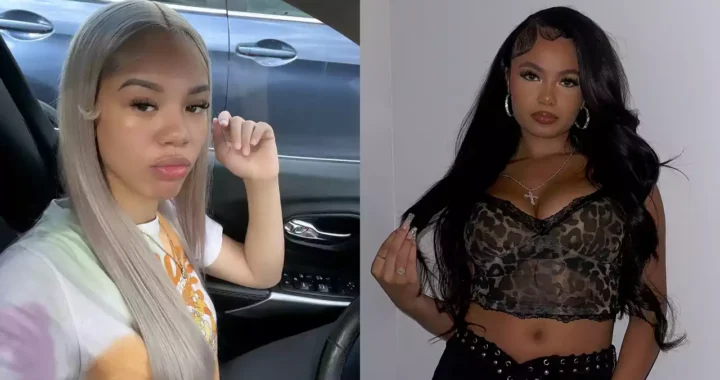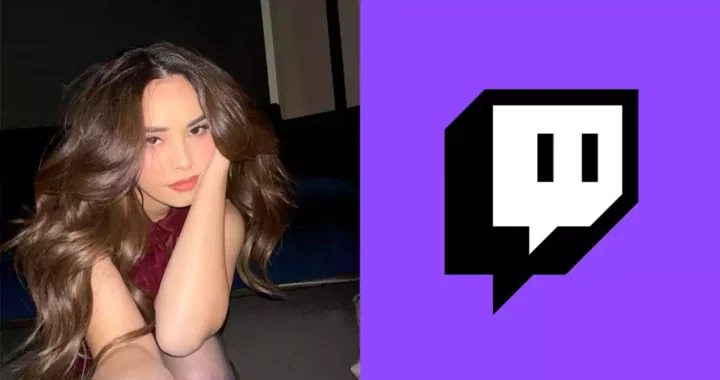Tyla Addresses Ethnicity Debate: Clarifies “Colored” vs. “Black” Identity
3 min read
Dia Dipasupil/Getty Images
On June 13, South African singer and songwriter Tyla Laura Seethal, known simply as Tyla, joined The Breakfast Club on iHeartRadio. During the interview, host Charlamagne Tha God inquired about her ethnic identity, asking what it meant to be a “South African Colored person.” Tyla, seemingly caught off guard, turned to her publicist, who quickly intervened, requesting, “Can we not? Por favor? Next one, please,” while Tyla remained silent and smiled.
This moment sparked a wave of criticism from Black Americans, who felt Tyla missed an opportunity to clarify her ethnicity and educate the audience about the South African “Colored” identity. Some accused her of dismissing her Black heritage. However, Tyla later took to X (formerly Twitter) to address the controversy.
— Tyla (@Tyllaaaaaaa) June 13, 2024
In her statement, Tyla wrote, “Never denied my Blackness, idk where that came from… I’m mixed with Black/ Zulu, Irish, Mauritian/ Indian and Colored. In Southa, I would be classified as a Colored Woman, and [in] other places I would be classified as a Black woman.” She emphasized that racial classifications vary globally, explaining that “race is classified differently in different parts of the world.”
Tyla’s identification as “Colored” first came to light in November 2023 when Blavity News reported on her self-identification. She had also declared herself a “proud colored South African woman” on TikTok. This revelation stirred a debate, particularly among Black Americans, who found the term “colored” offensive and outdated, evoking memories of the Jim Crow era.
In South Africa, however, “Colored” has a different connotation. According to Britannica, it refers to individuals of mixed European, African, or Asian ancestry. The term was officially recognized by the South African government between 1950 and 1991 as a social category to distinguish between Blacks and Whites and remains relevant in their cultural context.
Tyla, often dubbed the “Queen of Popiano,” did not deny her Black heritage but rather identified as interracial. She further explained her diverse cultural background in a December TikTok video, demonstrating her Zulu heritage with Bantu knots. Born on January 30, 2002, to Sharleen and Sherwin Seethal in Edenvale, East Rand, South Africa, Tyla has roots in Zulu, Indian, Mauritian, and Irish ancestries.
Despite the Breakfast Club incident, Tyla clarified her ethnic identity later that day on X. She acknowledged that outside South Africa, she would be identified as Black and was comfortable with this global perception. “I don’t expect to be identified as Colored outside of Southa by anyone not comfortable doing so because I understand the weight of that word outside of SA. But to close this conversation, I’m both Colored in South Africa and a Black woman,” she wrote, urging fans to see her as both.
Tyla concluded her message with a rallying call, “As a woman for the culture, it’s and not or… with that being said, ASAMBEEE.” This was not her first time addressing the topic; in an April interview with Cosmopolitan, she had explained that growing up in South Africa, she identified as “Colored” but never denied her Black ancestry.
Through her statement, Tyla sought to bridge the understanding of her identity, highlighting the complexities of racial classifications across different cultural contexts and affirming her pride in her multifaceted heritage.
Tyla responds to criticism stemming from a recent interview where she declined to comment on wanting to be regarded as coloured vs black. pic.twitter.com/siEjdHMpUB
— Mílagro (@MobzWorld) June 13, 2024
- Also read: NLE Choppa Claps Back at Homophobic Troll After Expressing Desire to Perform at Pride Event



